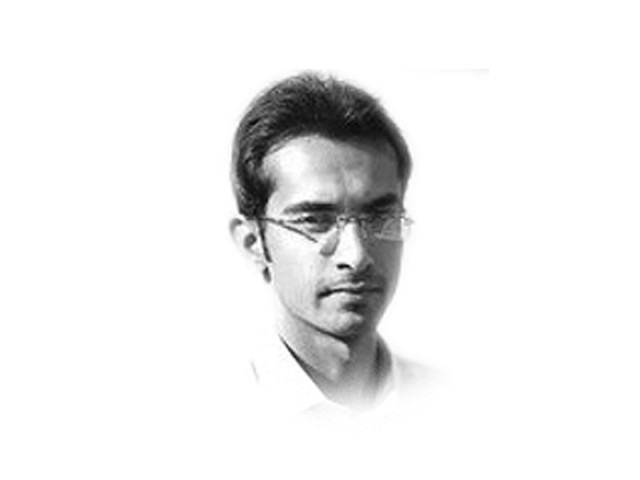Pakistan’s hockey ignominy
With every defeat, coaching staff is changed. How can players learn if new strategies are introduced every few months?

The writer is a Chemical Engineer from NUST
This is a terribly painful situation for a team which had once been a master of this game. Pakistan had a smooth passage into the semifinals of the Asia Cup, which was refreshing for the nation but then, as has been the case over the past few years, the team became infected with its ‘Korea-phobia’.
It is the third time this year — following the Azlan Shah Cup, World Hockey League, and now the Asia Cup — that the South Koreans kept Pakistan from achieving these three titles. South Korea remains our strongest and fiercest competitor.
There is a long list of factors which might have resulted in this tragedy. These include a blatant exhibition of non-serious behaviour from the Pakistan Hockey Federation (PHF), lack of long-term planning, a fundamental lack of procedures or opportunities for new and younger talent to become part of the team, no effort to have international matches on home ground and frequent changes of coaching staff.
The PHF should be held responsible for the above reasons. The organisation is not playing an instrumental role to introduce or search for new youngsters. Hockey teams in schools and colleges are diminishing and the culture of playing hockey as a professional sport is also on the decline. No effective steps are being taken towards making hockey popular amongst youngsters.
After every tournament and defeat, the PHF announces changes in plans and future aims, which shows a lack of systematic deliberation and strategy. There is no concrete plan and the players’ performance is strongly reflective of this. The coaching staff is changed after every tournament and every new coach has his own technique for the game. It obviously takes time for the players to excel in the so-called strategy and just as the players begin to adjust to the new techniques, the coach and his staff members are replaced once again!
Hence, even the coaches cannot be blamed for such terrible performances as they have the genuine reason of not being given enough time to train.
When it comes to a good coach, the team is in dire need of a sincere professional, who not only has experience of playing hockey, but will also work for the uplift and betterment of this sport in Pakistan.
Sports psychologists can also be of help for our national team for mental and psychological rehabilitation and nurturing to help it cope with this defeat.
If we want to get out of this crisis, the government or the sports ministry needs to step in and administer the governing body as this sport is our national game and hence, a symbol of our pride.
Published in The Express Tribune, September 1st, 2013.
Like Opinion & Editorial on Facebook, follow @ETOpEd on Twitter to receive all updates on all our daily pieces.















COMMENTS
Comments are moderated and generally will be posted if they are on-topic and not abusive.
For more information, please see our Comments FAQ